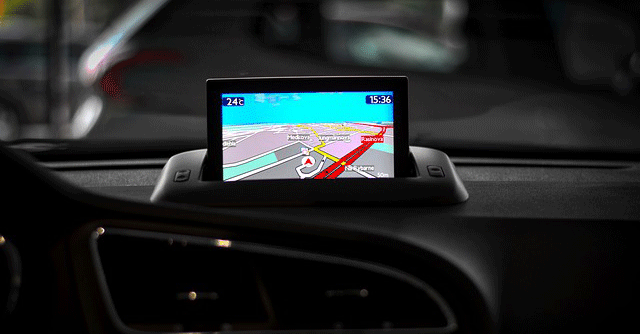
GPS-based toll system will need to address accuracy issues, privacy challenges


India’s plans to implement a GPS-based toll payments system is expected to face logistical and privacy-related challenges, said industry experts. Other than the fact that existing cars do not have GPS chips pre-installed, the implementation of such a system will also require complex frameworks to be built, and the government will have to ensure that such a system can avoid the usual inaccuracies of smartphone-based GPS programs.
“The implementation requires vehicles to have a GPS-based device (called an On-Board Unit, or OBU). An application installed inside the OBU and also a power source,” said Vivek Ogra, Partner, Transport Consulting Leader, EY India.
While modern vehicles do have in-built GPS systems built in along with their infotainment systems, older and pre-owned vehicles will require the installation of a new OBU device. Ogra said there is a need to “articulate an implementation framework” that will make the implementation process easier.

This in turn may require additional expenditure from users. For instance, a GPS device from MapMyIndia can cost ₹2500 or more, with additional charges for cellular connectivity and software.
Further, industry experts also warned that accuracy-related issues with GPS can lead to a miscalculation of toll. “Whether it's the government or the NHAI, they have to make sure that they have accurate mapping and geo-fencing. Only then can they accurately charge the user,” said Rohan Verma, chief executive of MapMyIndia. This, according to him, will require highly accurate maps and navigation information on where the toll road starts and when geo-fencing is being done.
“You have to make sure you are not inadvertently capturing people who are traveling on service roads as GPS can have such inaccuracies,” he added.

Agendra Kumar, managing director, ESRI India, concurs. “The current level of accuracy guaranteed by GPS operators is 15 meters, which is fairly high. But higher accuracy may be required to ascertain whether a car is on a service road or highway,” he said.
MapMyIndia’s Verma noted that the Indian Space Research Organization’s (ISRO) new NaviC satellites may help in this regard.
NaviC stands for Navigation with Indian Constellation, and is an indigenous version of GPS, that uses seven satellites to provide navigation, timing and positioning services in India. The Indian government has been pushing smartphone makers and other device manufacturers to utilize this system in their devices.

“NaviC has 7-8 satellites, which along with the 30-odd GPS satellites, increases the number of satellites GPS can see, resulting in improved time to fix accuracy,”added Verma.
For many, the GPS-based toll payment also poses privacy-related concerns, with fears that it could be used to track users and their vehicles. EY’s Orga said the policy around data governance is the most critical part of the entire implementation. “Anonymisation of data is very important and therefore an implementation challenge.”
Questions on data privacy and how data and locations of the vehicles are being processed, stored, and utilized, are inevitable. “It is important to manage the consent processes at the user's end and automate such processes so that users feel secure. One way of doing it will be to activate consent whenever the OBU device detects a toll road,” said Ogra.

Rishi Anand, partner at DSK Legal, a law firm, also pointed out that the government will have to adopt “suitable measures” and “set down modalities concerning data requests and travel records that may be requested by public authorities to ensure smooth implementation of the initiative”.
Lastly, the government will also have to work out a certification process to ensure that GPS devices being used can “deliver capacities” required to meet all of these requirements. Though GPS trackers are mostly imported from China and Europe right now, manufacturing is increasingly moving to India, said Verma. A toll system like this will increase demand and Ogra said that a robust certification system will help “democratize” manufacturing.
India won’t be the first to use GPS-based toll payment. It has been implemented in several countries such as Germany and Singapore, where it was first introduced for commercial fleet operators and later expanded to other vehicles.

